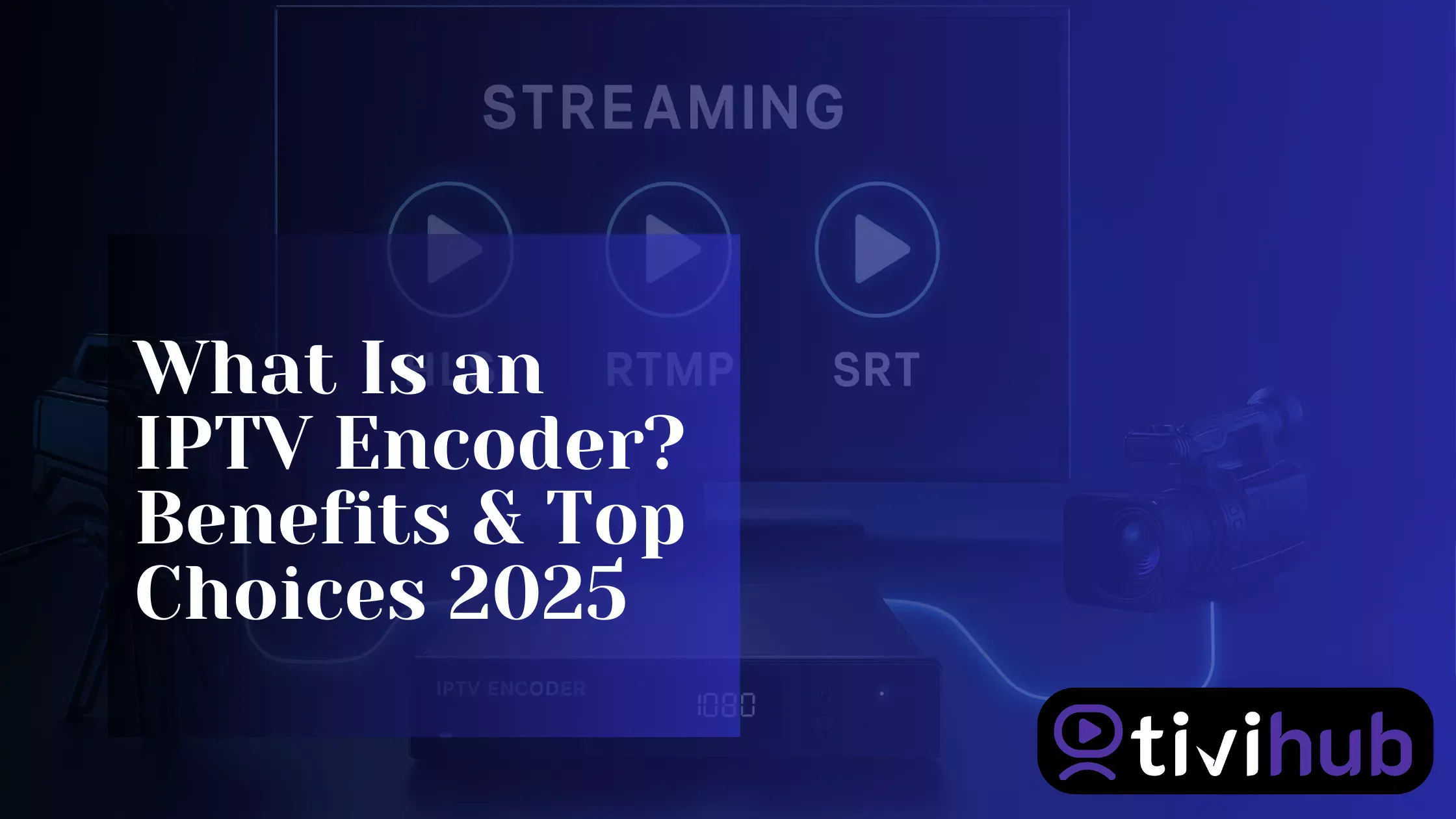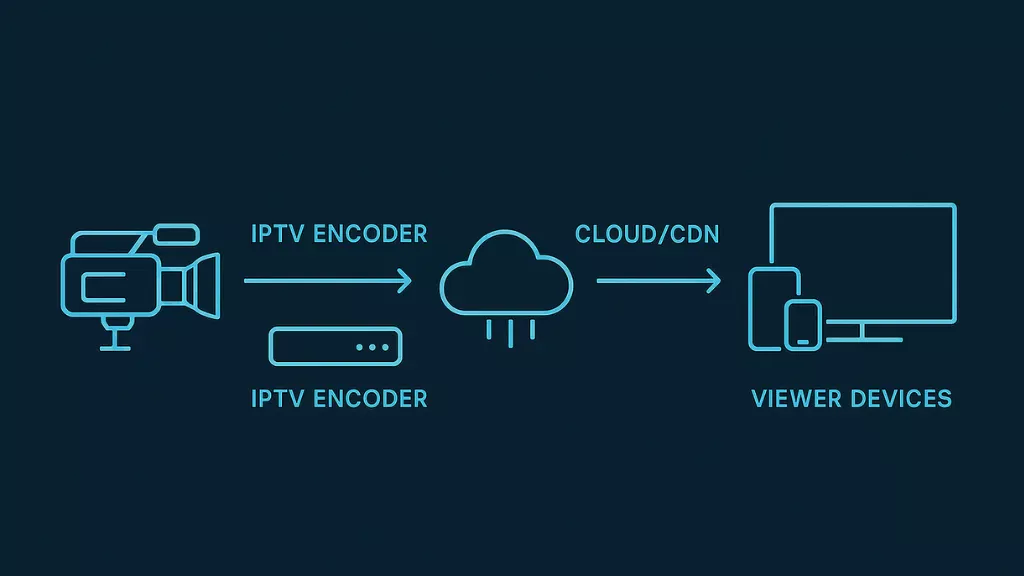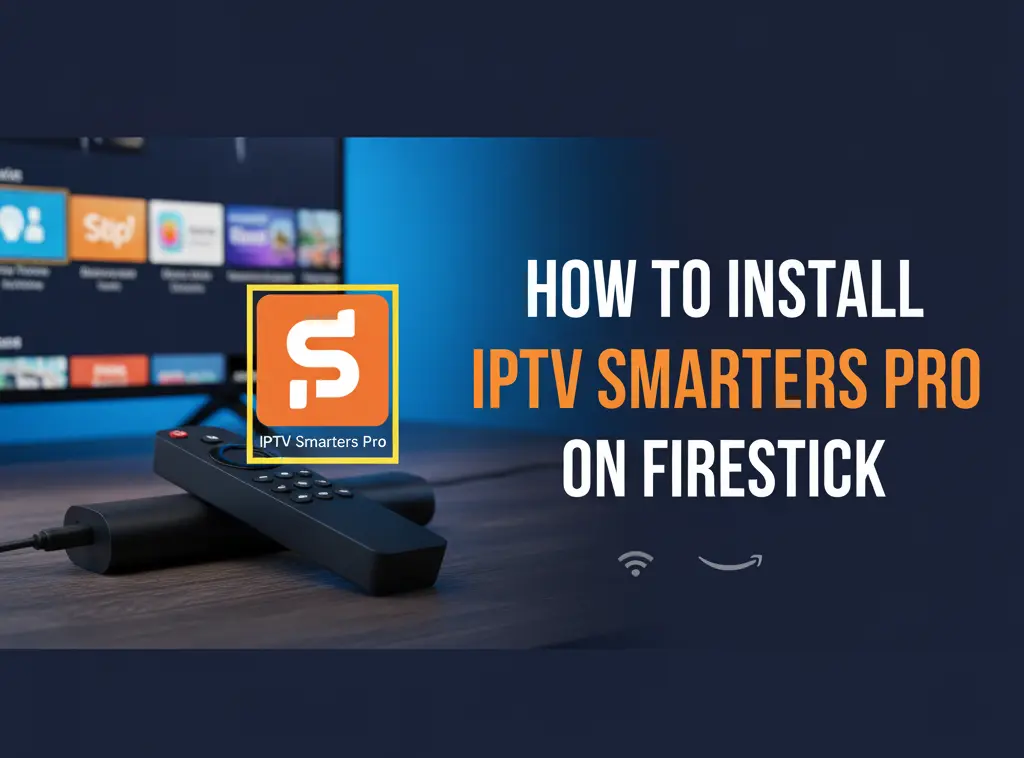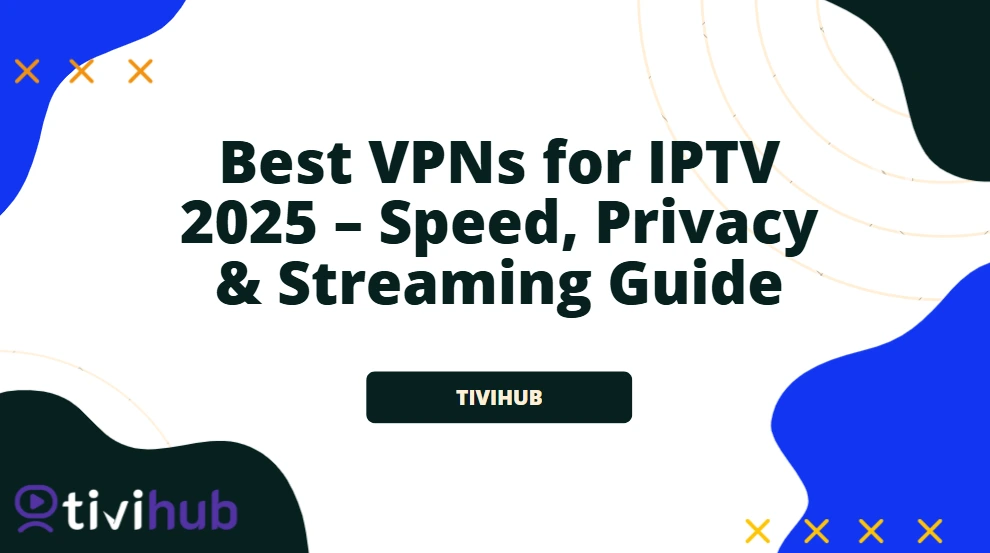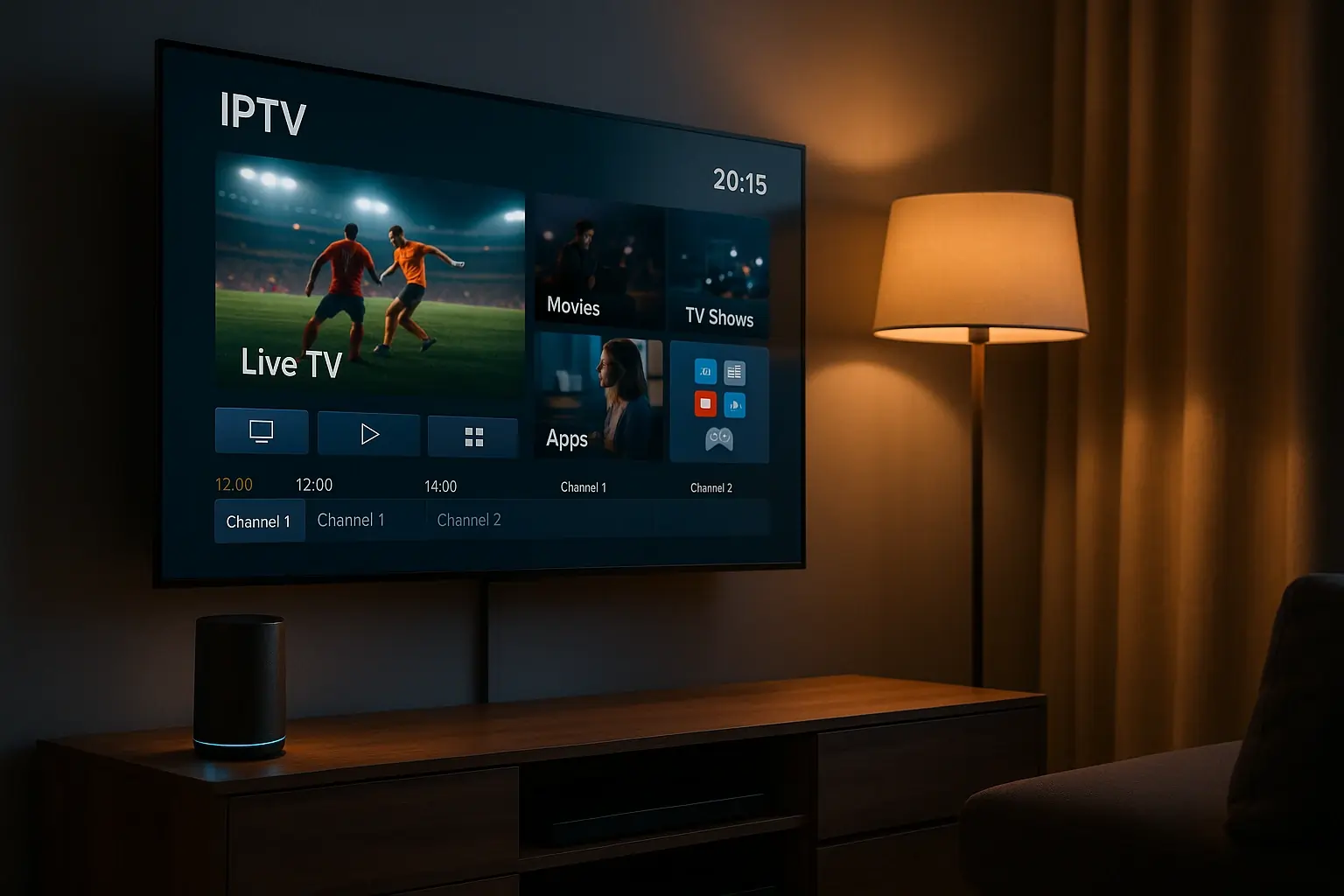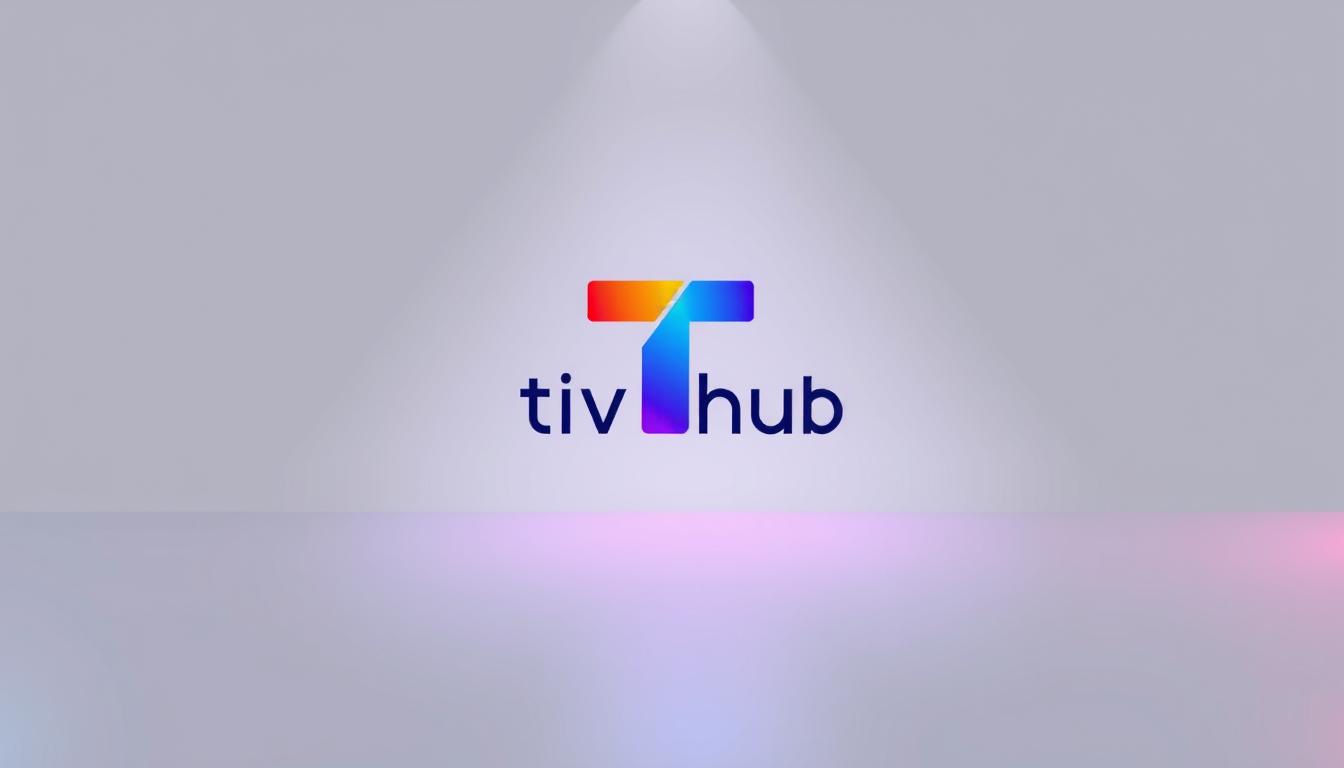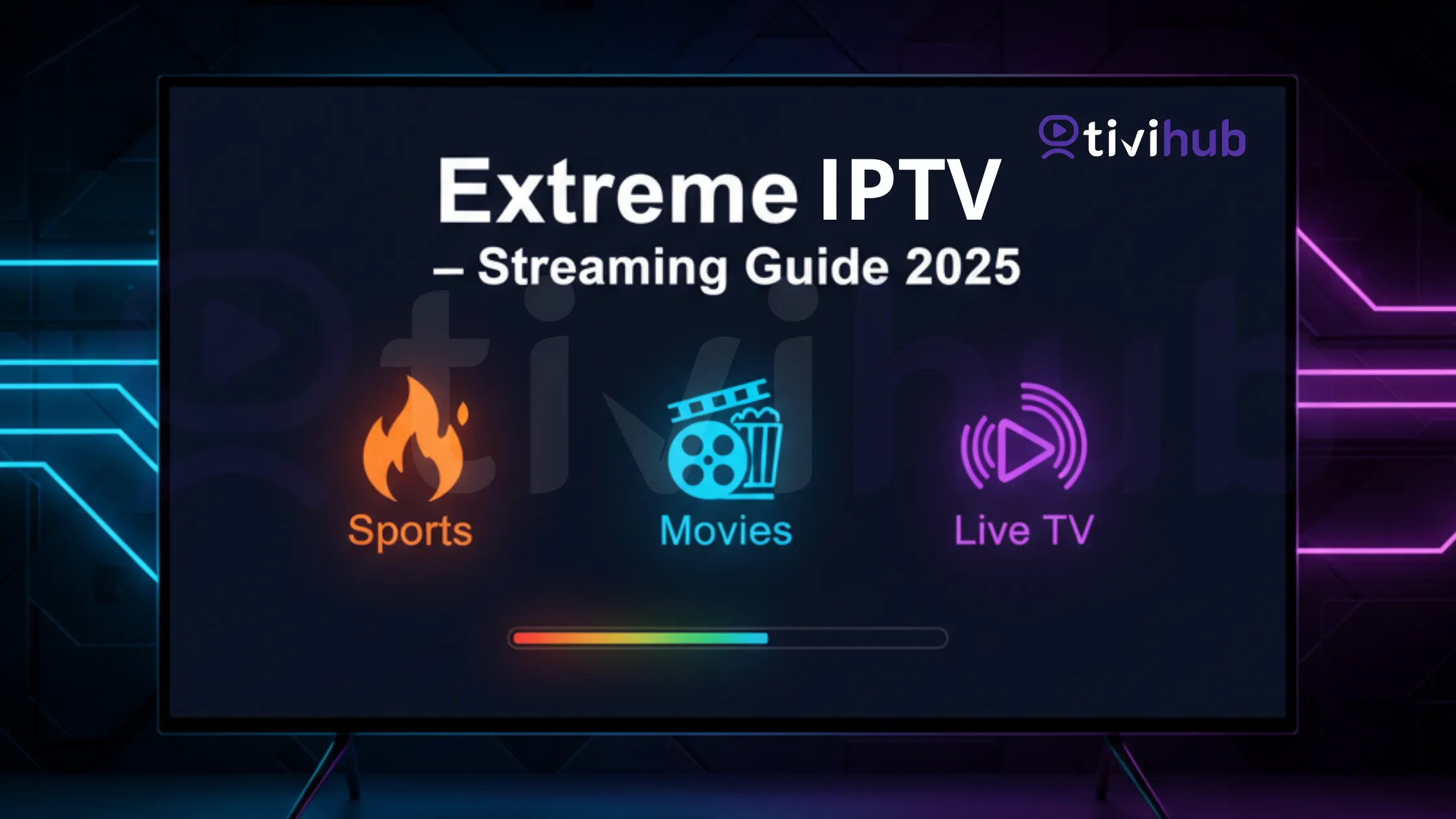An IPTV encoder is a device or software that converts raw video signals into a digital stream optimized for IPTV delivery. Whether you’re running a professional IPTV service or streaming high-quality live events, encoders play a central role in ensuring stable, high-resolution video reaches viewers worldwide.
What Is an IPTV Encoder?
Definition in Simple Terms
An IPTV encoder takes video content (from a camera, satellite feed, or broadcast signal) and compresses it into a format suitable for internet streaming. It bridges the gap between raw content and seamless delivery.
How It Differs from a Decoder
While an encoder prepares content for broadcast, a decoder works on the user’s end to make streams watchable on TVs, smartphones, or IPTV apps.
Core Components of an Encoder
-
Input interface (HDMI, SDI)
-
Compression chip/software
-
Output protocols (HLS, RTMP, MPEG-TS, SRT)
How IPTV Encoders Work in Streaming
From Video Source to Viewer
-
Video captured (camera, satellite, or media library)
-
Encoder compresses & transcodes into streaming format
-
Content pushed to CDN (Content Delivery Network)
-
Viewer receives it on IPTV apps or players
Encoding Protocols
-
HLS (HTTP Live Streaming) – Widely used for adaptive bitrate streaming.
-
RTMP (Real-Time Messaging Protocol) – Still common in live broadcasting.
-
SRT (Secure Reliable Transport) – Low-latency and secure for IPTV delivery.
-
MPEG-TS – Standard for professional broadcast distribution.
Example: Streaming a Football Match
A broadcaster encodes a live HD feed → compresses via IPTV encoder → sends it over SRT → distributed to thousands of users subscribing to a premium IPTV service.
Benefits of IPTV Encoders
High-Quality Video Compression
Encoders preserve quality while reducing file size, ensuring stable playback even on slower internet.
Scalability for OTT/IPTV Providers
Large providers like Tivihub rely on encoders to manage thousands of simultaneous streams efficiently.
Lower Bandwidth Consumption
Smart encoding saves costs on server infrastructure and bandwidth.
Types of IPTV Encoders
Hardware IPTV Encoders
Trusted by broadcasters, hardware encoders (e.g., Teradek, Haivision, Ateme, Harmonic) offer ultra-low latency and reliability — but they come at a high cost.
Software/Cloud Encoders
-
OBS Studio (free, open-source)
-
AWS Elemental MediaLive (enterprise-grade cloud encoding)
These options suit smaller IPTV setups or budget-conscious projects.
IPTV Encoders Over $2500 – Do You Really Need Them?
Encoders in this price range are meant for TV stations, sports broadcasters, and large IPTV networks. If you’re simply looking to watch IPTV, you don’t need this — instead, opt for a best IPTV service.
Choosing the Right IPTV Encoder in 2025
Business vs. Personal Use
-
Personal Use: Free software encoders or entry-level hardware.
-
Business/Enterprise: Professional hardware (Haivision, Harmonic).
Important Specs to Consider
-
Supported protocols (HLS, SRT, RTMP)
-
Video resolution (1080p, 4K, HDR)
-
Bitrate and codec (H.264, H.265/HEVC, AV1)
-
Latency tolerance
Best IPTV Encoder Options in 2025
-
Haivision Makito X4 – Ultra-low latency, high-end sports streaming.
-
Magewell Ultra Encode – Flexible mid-range option.
-
AWS MediaLive – Cloud-based scalable solution.
IPTV Encoder vs. IPTV Service
Why Most Users Don’t Need to Buy an Encoder
Unless you’re building an IPTV platform, encoders are expensive and complex. The average user just needs reliable IPTV access through a provider.
Stream Smarter with Tivihub
Instead of investing in gear, you can buy IPTV subscription from Tivihub — a premium IPTV provider delivering thousands of channels, movies, and sports events worldwide.
Final Thoughts & Call-to-Action
In 2025, IPTV encoders remain essential for broadcasters and IPTV businesses, but they’re not necessary for everyday viewers. Whether you need enterprise-level encoding or just access to premium IPTV, choose wisely.
👉 If you’re looking for stable, high-quality streaming, explore Tivihub IPTV plans today and enjoy instant access to your favorite content.

